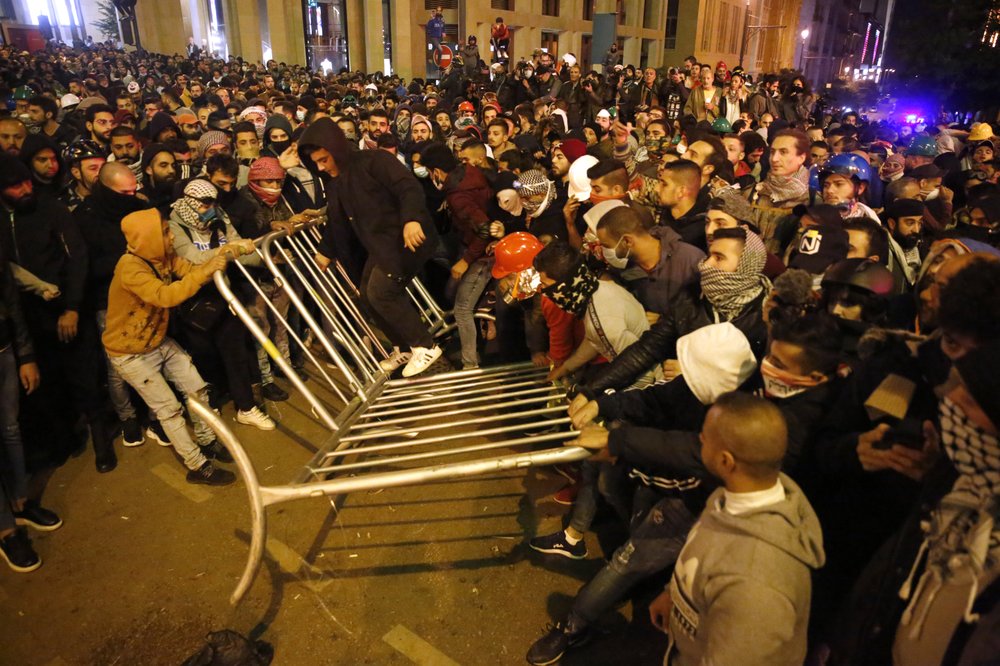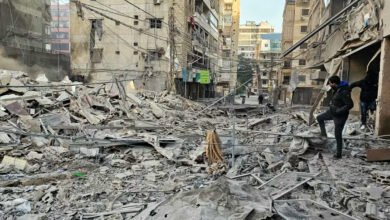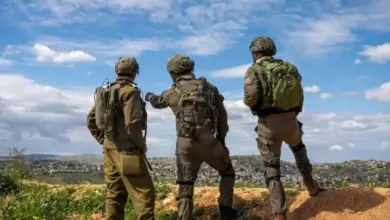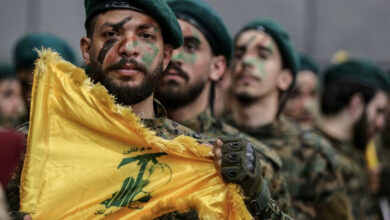
BEIRUT (AP) — Lebanon’s president on Monday postponed talks on naming a new prime minister after security forces repeatedly used tear gas, rubber bullets and water cannons against hundreds of protesters over the weekend.
The clashes were the most violent since daily anti-government demonstrations erupted in Lebanon in mid-October. The protests have plunged Lebanon into unprecedented political and financial turmoil.
President Michel Aoun was to meet with the heads of Lebanese parliamentary blocs on Monday to discuss the naming of the new prime minister amid divisions on the shape of the next government.
The presidential palace said the consultations would instead take place on Thursday, following a special request from outgoing Prime Minister Saad Hariri. A similar postponement happened last week as well.
The U.N. Special Coordinator for Lebanon Jan Kubis warned Monday that, with the collapsing economy, such postponements were “a risky hazard both for the politicians but even more so” for the people.
Hariri resigned in late October, after protests first broke out earlier that month over widespread corruption and mismanagement. The palace said Hariri had asked Aoun to allow for more time for discussions among political groups before official consultations.
Earlier, the country’s main Christian groups refused to back Hariri, who has served as premier three times. The Lebanese Forces Party, with 15 seats in the 128-member parliament, said it won’t name anyone, while the Kataeb Party said it will propose Lebanon’s former U.N. Ambassador Nawaf Salam for the post. Hariri is now apparently trying anew to persuade Christian parties to back him.
Aoun’s Free Patriotic Movement and allied parties, which have the largest bloc in the legislature, were also not likely to name Hariri amid sharp divisions between Hariri and the party’s chief, outgoing Foreign Minister Gebran Bassil.
Under Lebanon’s power-sharing system, the prime minister has to be a Sunni Muslim, the president a Maronite Christian and the parliament speaker from the Shia community.
The protesters reject Hariri be renamed as prime minister, saying they want a Cabinet of independent technocrats and an independent head of government not affiliated with existing parties.
On Sunday, someone set fire to two tents set up by protesters in Martyrs’ Square in Beirut, which has become the epicenter for the anti-government gatherings. After hours of clashes, the army deployed around central Beirut, putting an end to the pitched street battles. The Lebanese Civil Defense said it transferred 20 injured to hospitals while it treated over 70 protesters on site, while the Lebanese army said nine troops were wounded.
Earlier, confrontations overnight between Saturday and Sunday, left more than 130 people injured in Beirut, according to the Red Cross and the Lebanese Civil Defense. The Red Cross said none of the injured were in serious condition and most of them were treated on the spot.
Although the protests had united all Lebanese sectarian and ethnic groups against the ruling elites, tensions had surfaced from the start between protesters and supporters of the Shia groups Hezbollah and Amal, after the later rejected criticism of its leaders.
Reporting by
Image: Anti-government protesters remove the fences that was divided between them and the riot police, during a protest near the parliament square, in downtown Beirut, Lebanon, on Sunday, Dec. 15, 2019 (AP Photo/Hussein Malla)




